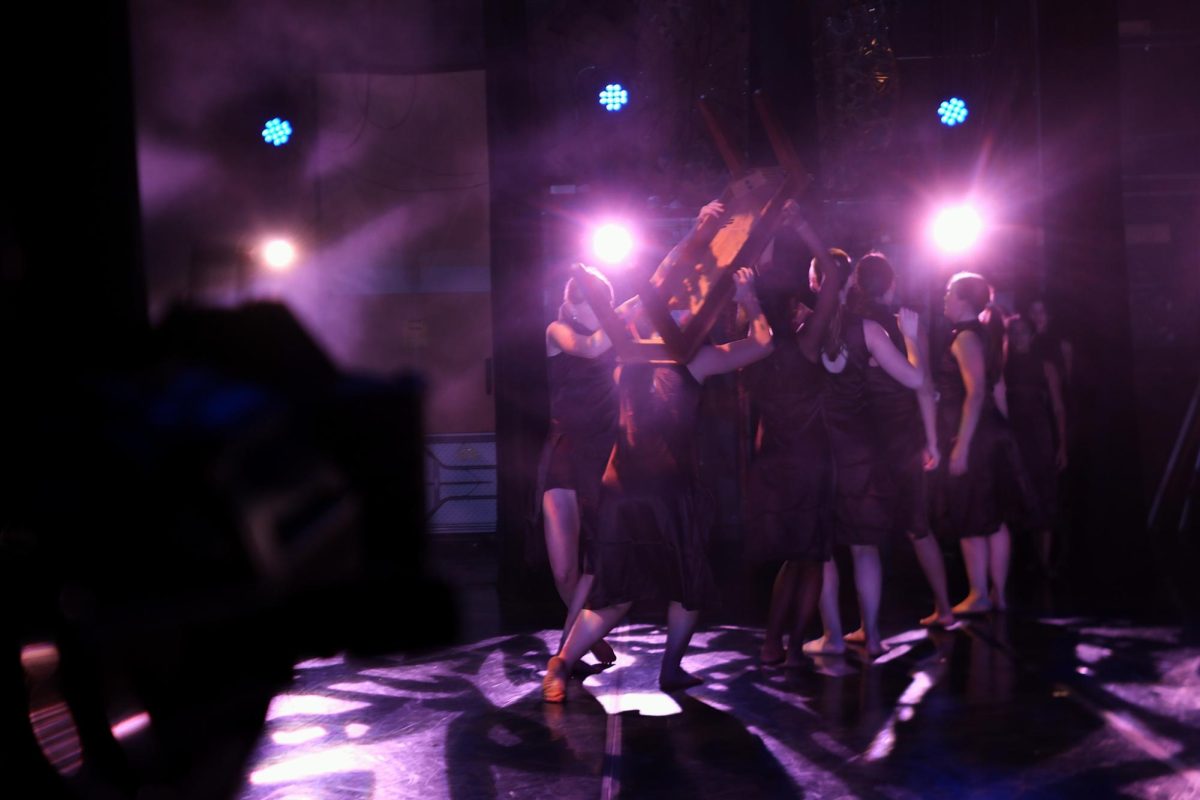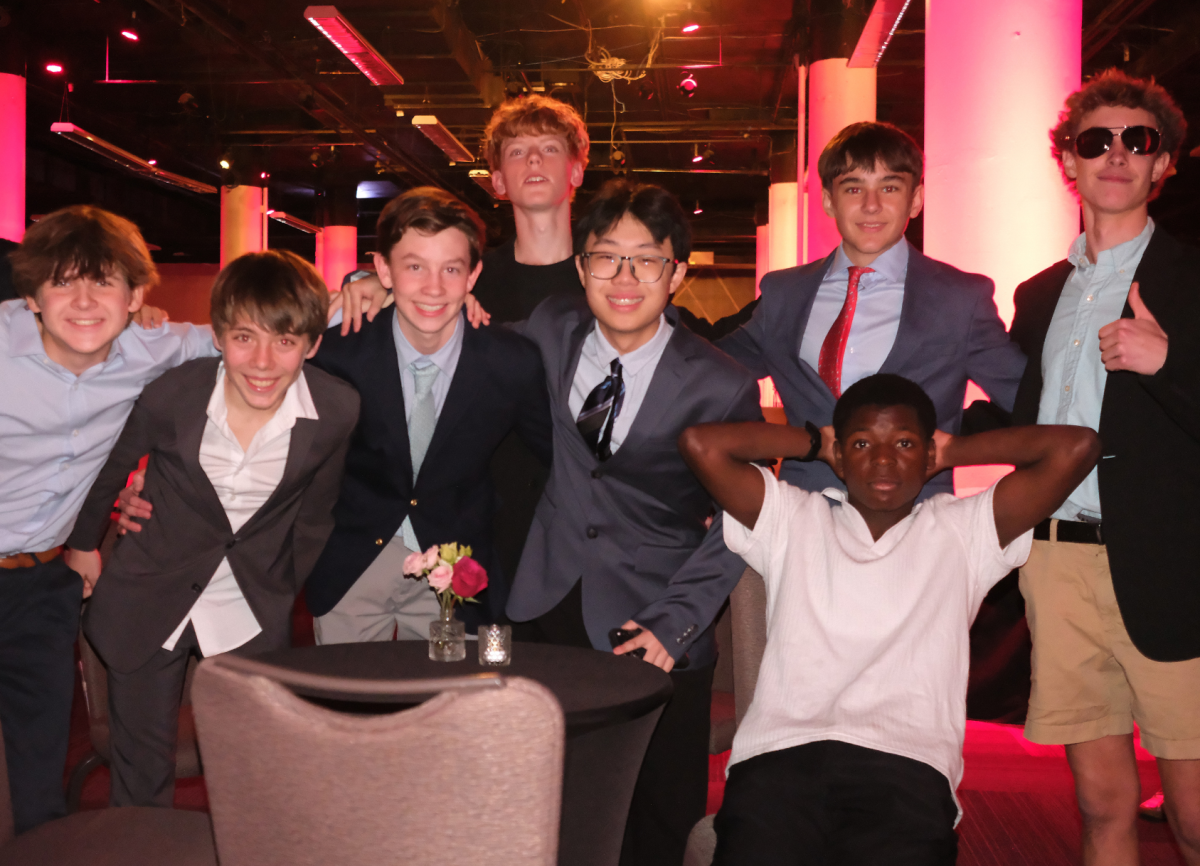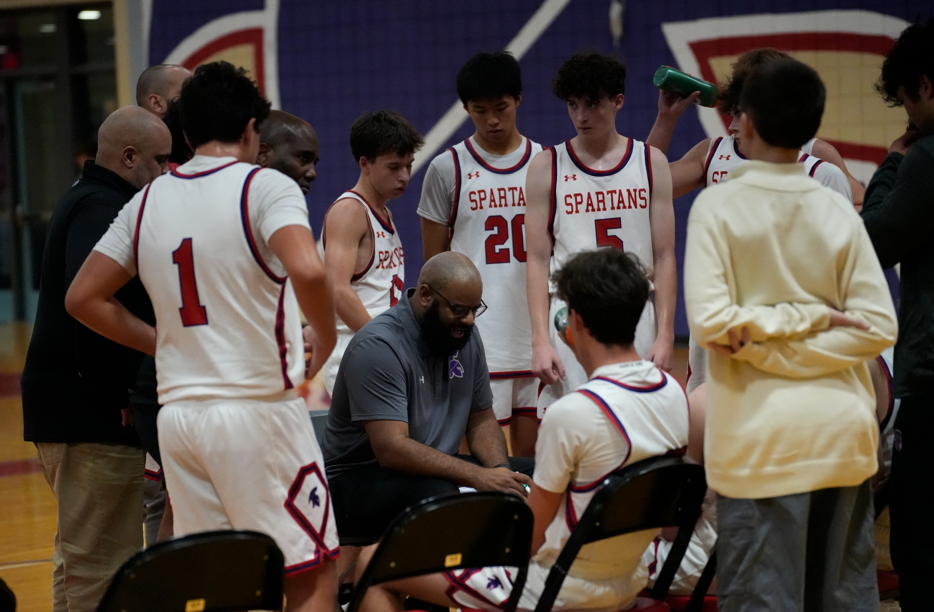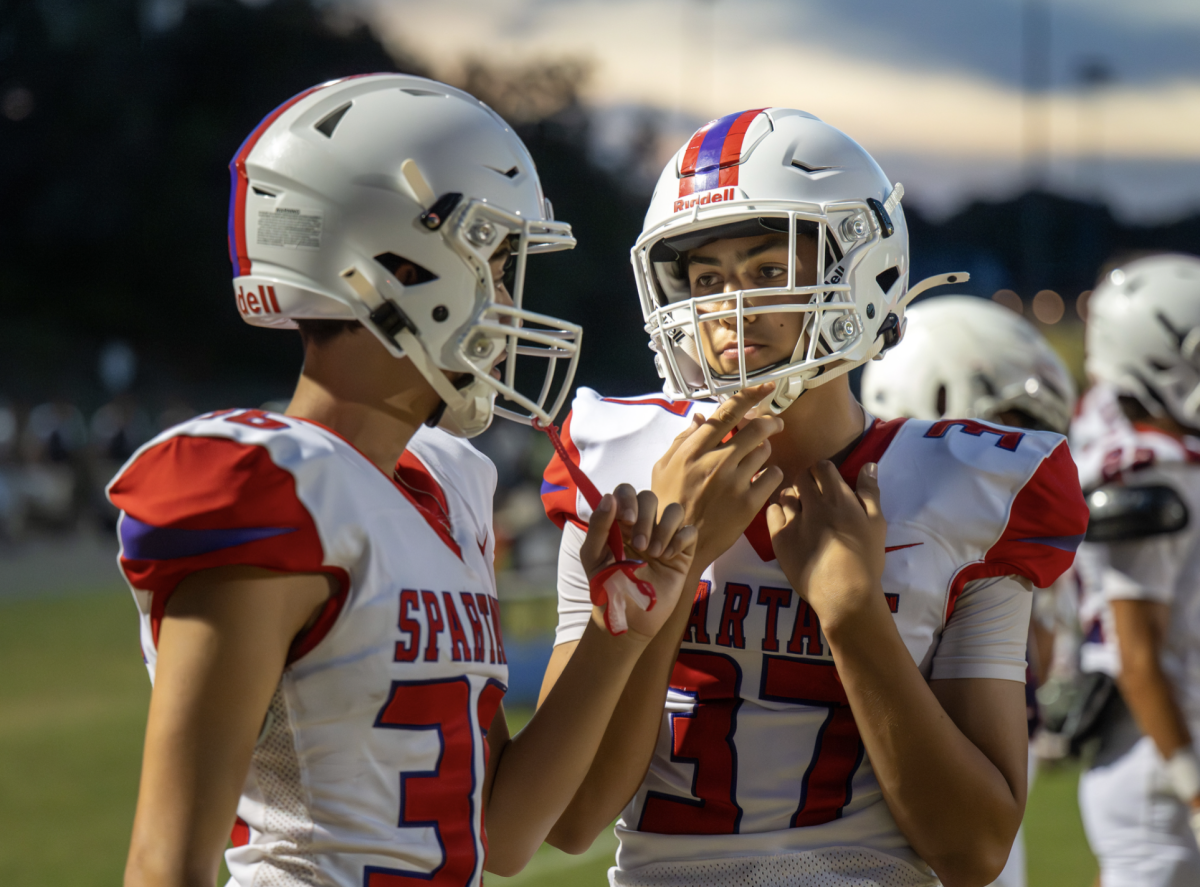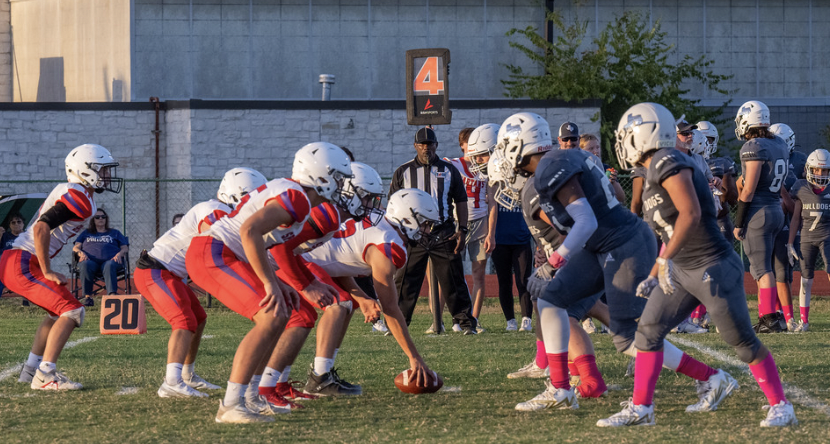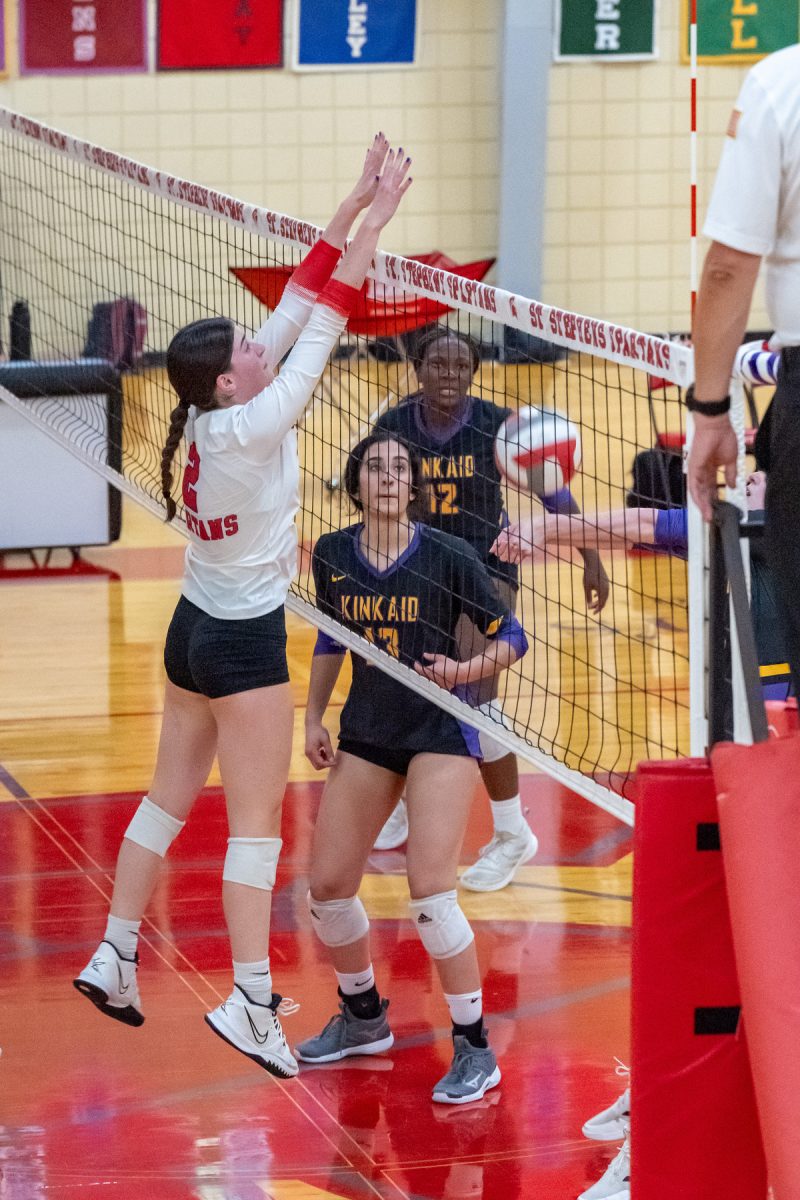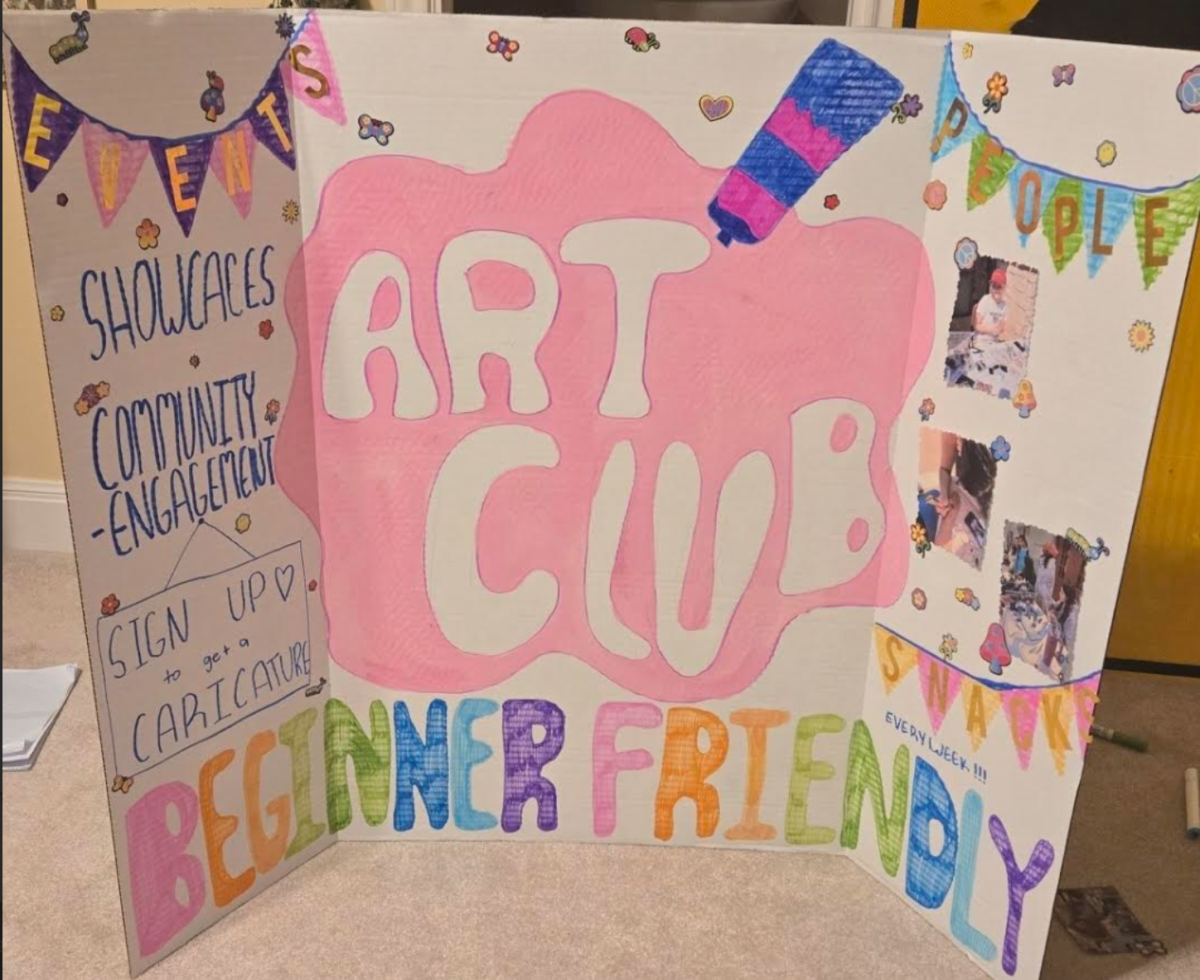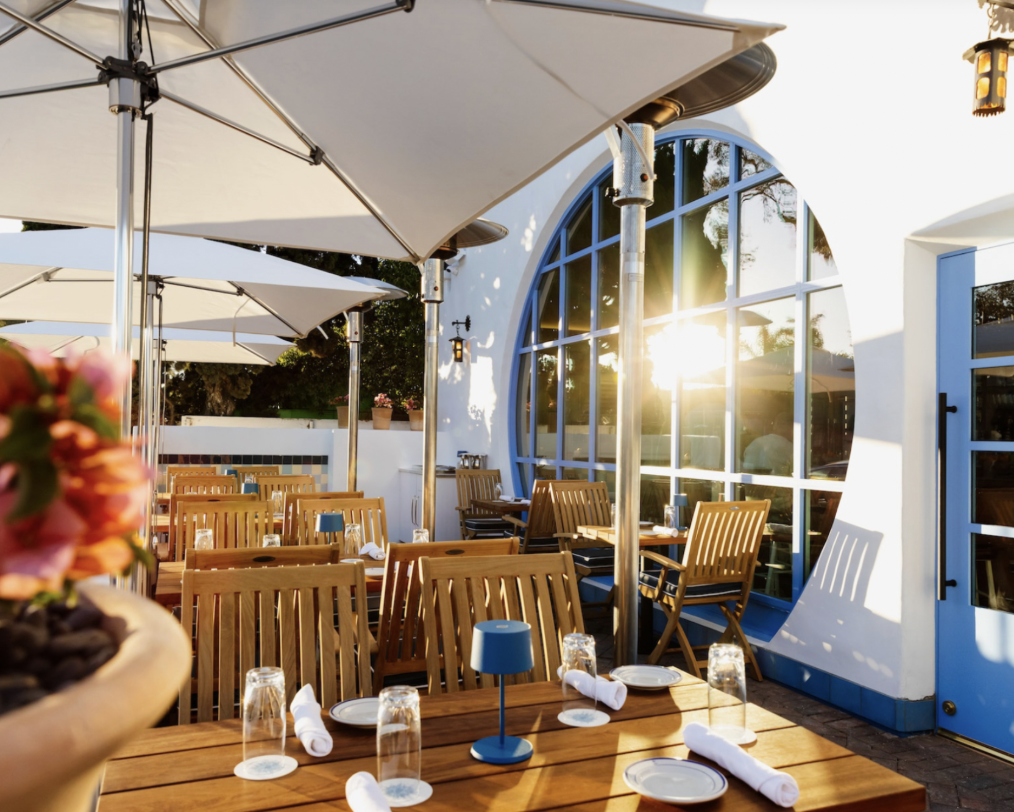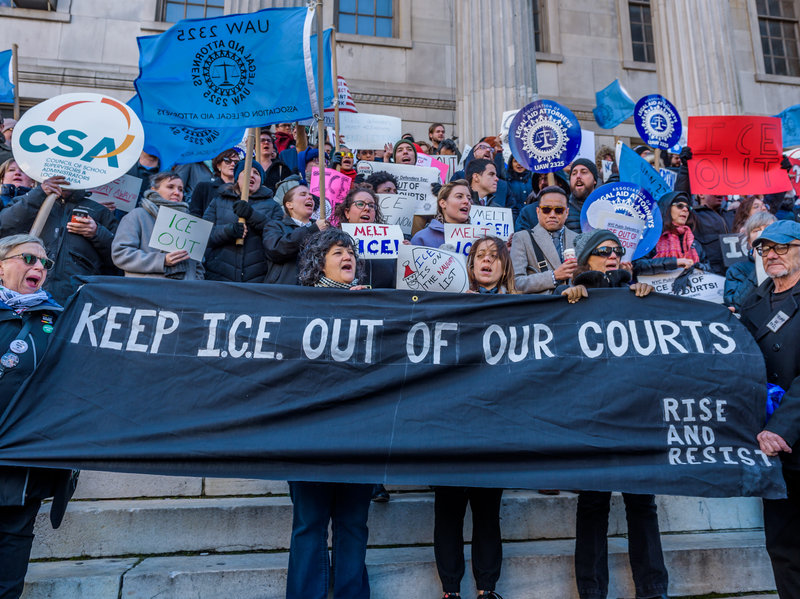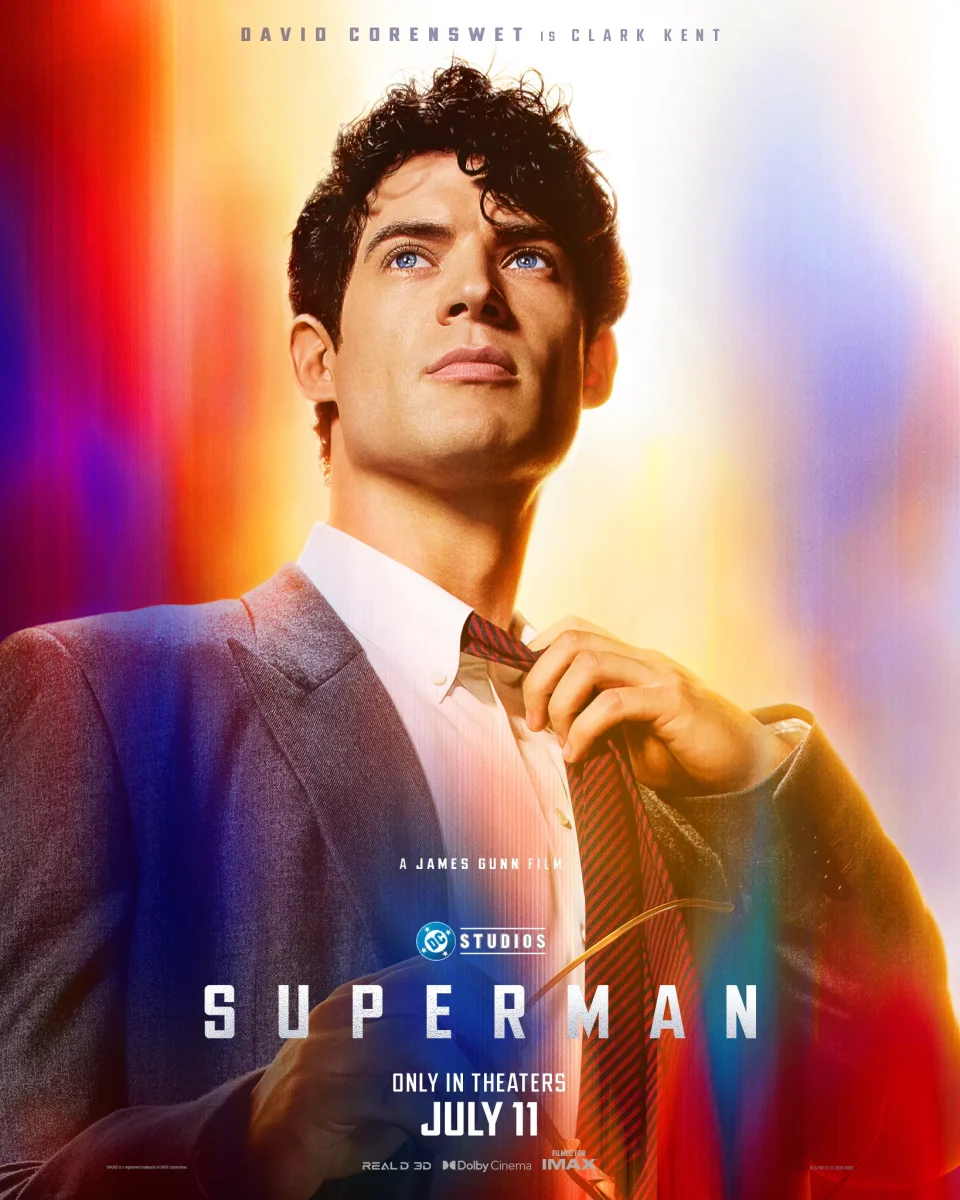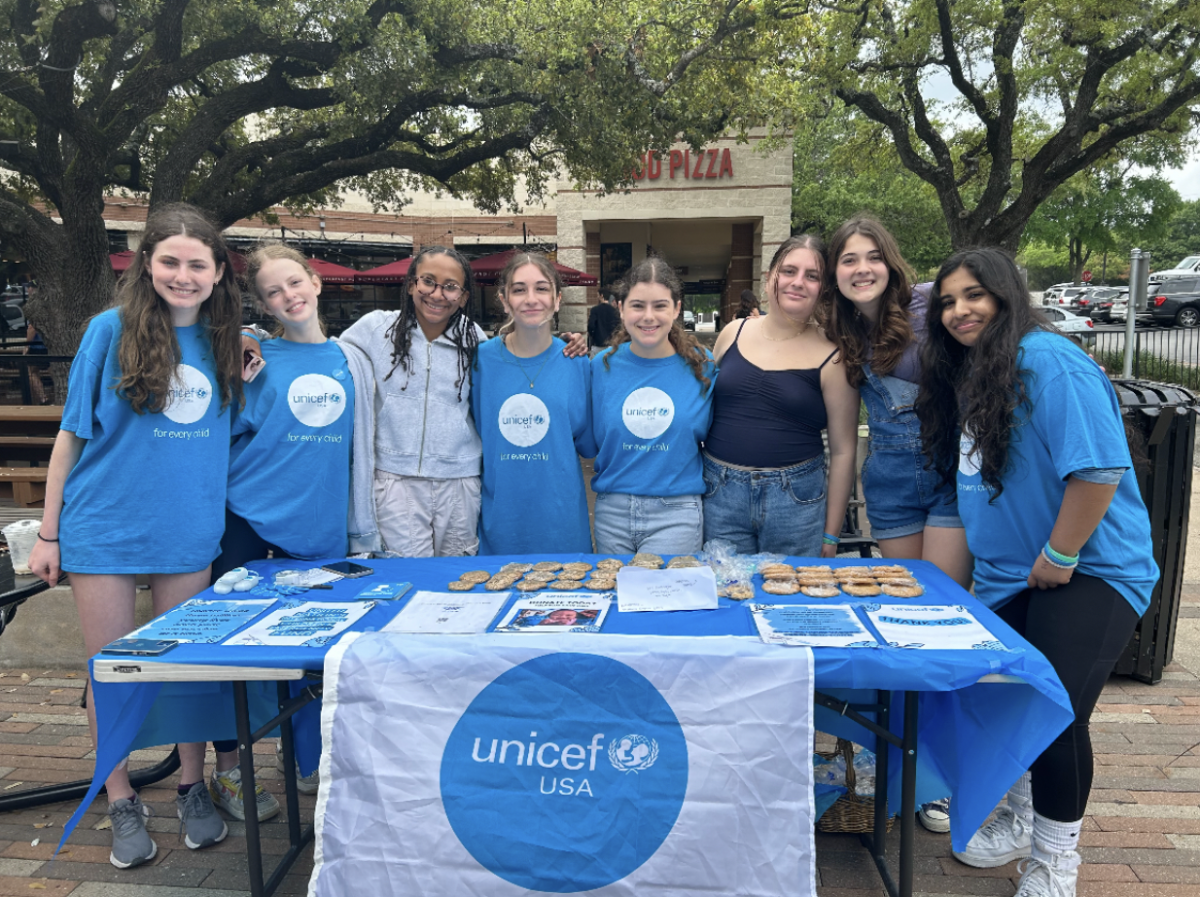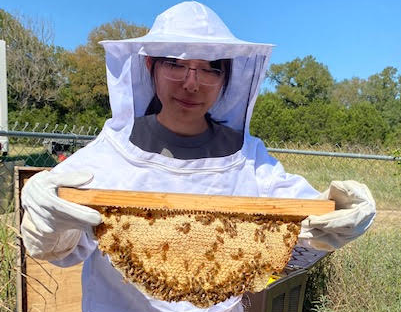Many pivotal events in the past few years, from world events to the passing of former DEI Director Yvonne Adams, have called our attention to the reigning importance of the “recovery of humans” our school’s founders envisioned for our campus. In times of adversity and prejudice, it is more important than ever to practice acceptance, compassion, and allyship towards each other.

The Unity Council is in its first year of service, and is made up of student leaders and faculty sponsors of all the Diversity, Equity, and Inclusion (DEI) groups on campus. It’s a thriving collective with members from diverse backgrounds and different roles on campus, all of whom have valuable insights and perspectives that contribute to the Council. Furthermore, it’s also a place for members to brainstorm ways to improve inclusivity on campus, plan collaborative projects and events celebrating diversity, and share concerns without fear of judgment.

Michael Li ‘25 leads FACES, a multicultural appreciation club on campus, and values “the importance of acknowledgment and recognition” demonstrated in Unity Council meetings. To him, it is a “reminder of the historical context of the land we occupy and offers a moment for us to reflect on our responsibilities toward… Indigenous communities… who lived here before the school was founded. It is a step towards genuine reconciliation and awareness for us.”

Currently, the Unity Council is in the process of drafting a Land Acknowledgement recognizing the Indigenous communities who lived on the land our campus currently owns. It’s a step towards raising awareness of the historical prejudices that gave us our current privileges, but it’s also important that it is done correctly. In past meetings, students have pointed out how reciting the Land Acknowledgement too often may risk desensitizing audiences to its true significance, and end up becoming performance activism if no action is taken beyond simply repeating the words. Luckily they proposed a solution — to reserve readings of the Land Acknowledgement for special occasions, such as graduation ceremonies. Hopefully, this will preserve its significance while continuing to advocate for accuracy and awareness in teaching colonial history.
In addition to the Land Acknowledgment, other important initiatives and exciting events are being planned by the members of the Unity Council. Michael ‘25 and his fellow FACES leaders are organizing a movie night showcasing the Korean film “Geukhanjibeob (Extreme Job)” in hopes of celebrating Korean culture and to “bring people together to enjoy and appreciate international films”. In addition, the Gender and Sexuality Alliance (GSA), led by Riddhima Singh ‘25 and Jay Dorrance ‘25, is also in the process of planning movie nights for its members to bond and feel celebrated in their identities. Stay tuned for more information!
Meanwhile, the Student Council of DEI (SCODEI), an alliance group open to students of all backgrounds, is putting together a virtual guest speaker panel. Set for January 2025, the event will feature activists from Supermajority, a nonprofit organization founded by SSTX alum Cecile Richards. They’ll talk about the importance of youth civic engagement, what led them to social justice, and how they incorporate advocacy into the many other careers they have. Stop by to hear inspiring stories and learn about positive changes you can start making!

Diversity, Equity, and Inclusion has no fixed destination. Instead, we’re all here to embrace a constant process of learning to treat each other with the dignity we all deserve, and doing our part to create communities where all backgrounds, beliefs, and cultures can find a home. From joyous celebrations to tough conversations, acceptance is a journey full of discovery in the process, and beauty in the united dreams we work towards. We all carry prejudice, but we also have the power to overcome it through persistence, compassion, and uplifting one another.

